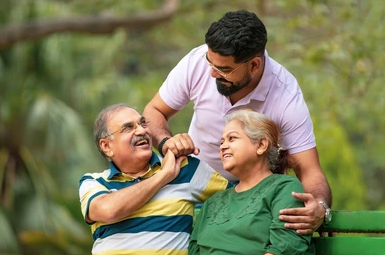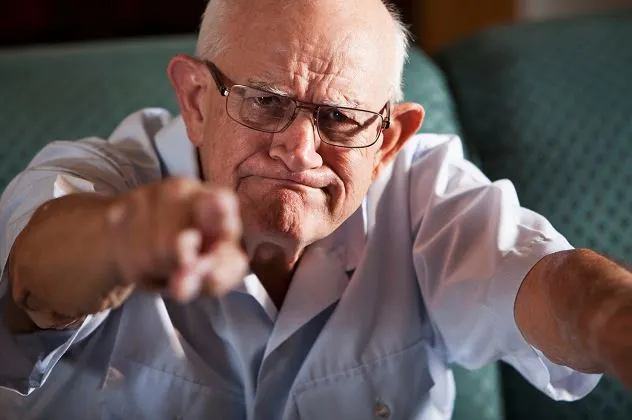Elderly care - How can adult children help?
- Support Team
- Jan 19, 2024
- 2 min read
My mom has become so cranky these days, not at all listening to me. I just can’t handle her.’
‘She is 80 and still acts like in her 50s climbing steps umpteen times and trying to do things on her own. I'm concerned about her health, could you please tell her to slow down!’
‘After his last visit to the hospital, he has become very withdrawn. Initially he used to get angry, not even allowing anyone to touch him, now he’s just so despondent.’
What I have observed in my short time of visiting patients and interacting with them as well as their loved ones is that although there is a basic understanding of the emotional concerns of the elderly parents, adult children are at a loss to handle or respond to these emotions appropriately. Here, I discuss some ways to show that you care.
Respect is of utmost importance. They may be dependent on you for a lot of things, but
it’s still worthwhile to ask them before you start doing anything for them. Remember, they used to work for the family, feed you, protect you, the role reversal may still be a shocker to them. The thought that they may need to depend on their children or a caretaker for their basic needs is a question of self- respect.
It’s a known thing that as people get older some behave like little kids, throwing tantrums, being cranky. But do you notice another similarity? Something both the age-groups lack at times is respect. We tend to take for granted the fact they are dependent on us, in fact it is us who make them feel helpless by controlling their actions.
Answer their questions and requests gently, like you would to a child - with respect and kindness. They may need constant reassurance and that is normal. Both kids and elderly need the same care, independence, and respect. Even when elderly patients are sedated, they can hear everything, so don’t talk about anything the patient shouldn’t hear, speak directly to them, not about them. Remember that they may have lost their ability to express but not the ability to experience emotions.
It often happens that the caregivers are doing things for the patients on an auto-pilot mode. It is better to involve your elderly parents in the task, for eg., moving positions in case of bedridden elders. By telling them what you are going to do will make them feel more in control of themselves. Even when they are not responding, this simple act will give them dignity and make them feel valued.
Understand that every sentient being has emotions and being empathetic is the only way to truly understand and care for them. Empathy and respect go hand in hand. We often say ‘Respect your elders’, but respect is for every individual, younger or elder. Respect is not just reserved for the powerful. And it’s amazing what compassion can achieve!
Get in touch with our Support Team for more tips on elderly care and caregiver support!
Sharon Prasad,
Counselor and Psychotherapist,
Support Team Coordinator.






















Comments